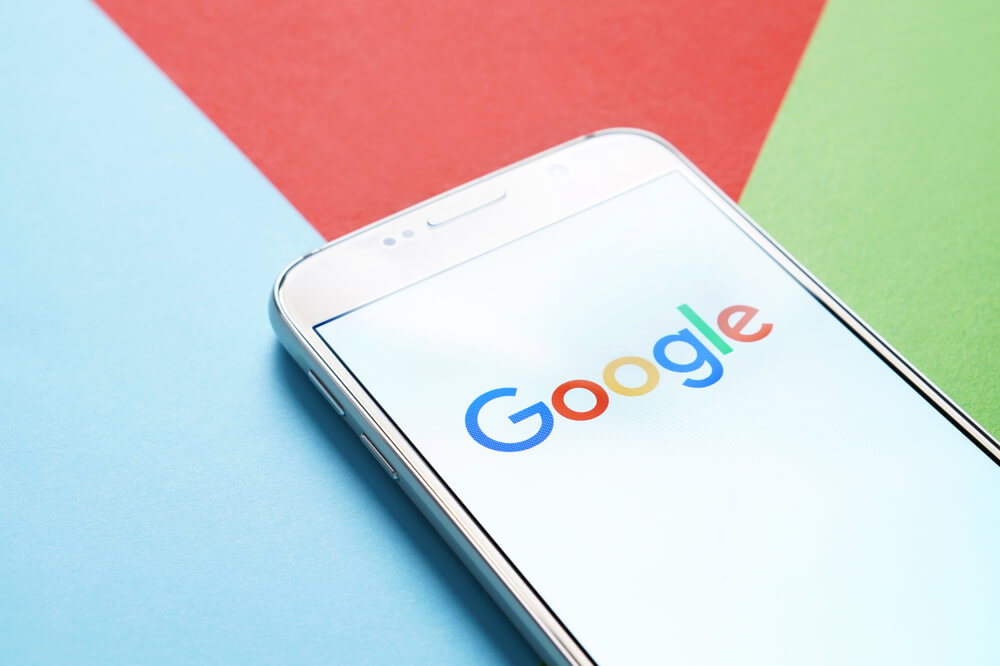It seems big tech can’t keep its hands out of the financial world.
Earlier this year, Apple Inc. partnered with Goldman Sachs Group Inc. to offer a new credit card. Facebook Inc. is hoping to launch a new digital currency, called Libra, with the intent of being able to use it globally for any transaction.
Now, reports suggest Google plans to offer checking accounts to … well … just about anyone.
The Wall Street Journal reported Wednesday the project, code-named Cache, will launch in 2020 with help from Citigroup Inc. and a small credit union at Stanford University — close to Google’s headquarters — Stanford Federal Credit Union.
Shares of Alphabet Inc. (NASDAQ: GOOG) — Google’s parent company — traded fairly flat after the news broke, up just 0.2% shortly after 10:30 a.m. EDT after futures dipped a bit.
According to the report, Google will not be the brand name directly attached to the accounts — that will fall to Citibank — as the banks will handle all regulatory issues, which Google can’t do anyway.
The problem here is a general consumer already skittish about big tech companies and personal data being convinced to provide financial information to one of the biggest tech companies in the world.
A Google exec told WSJ Google wants “to bring value to consumers, banks and merchants, with services that include loyalty programs, but wouldn’t sell checking account users’ financial data.
The executive went on to say Google doesn’t use any of its Google Pay data for marketing or advertising, nor does it share any of the data with second or third parties.
Of course, we have to take them at their word.
The way the new checking account would work is account holders access their accounts through the Google Pay app.
This is certainly a way to bolster use of Google Pay, which had approximately 39 million users in 2018, according to Juniper Research. Conversely, Apple Pay had nearly 140 million last year.
In the end, using apps like Apple Pay and Google Pay come with a big risk attached. We have to assume these big tech companies are feinting us by telling us they do one thing, when actually they do another.
It is more of a “buyer beware” kind of situation.
